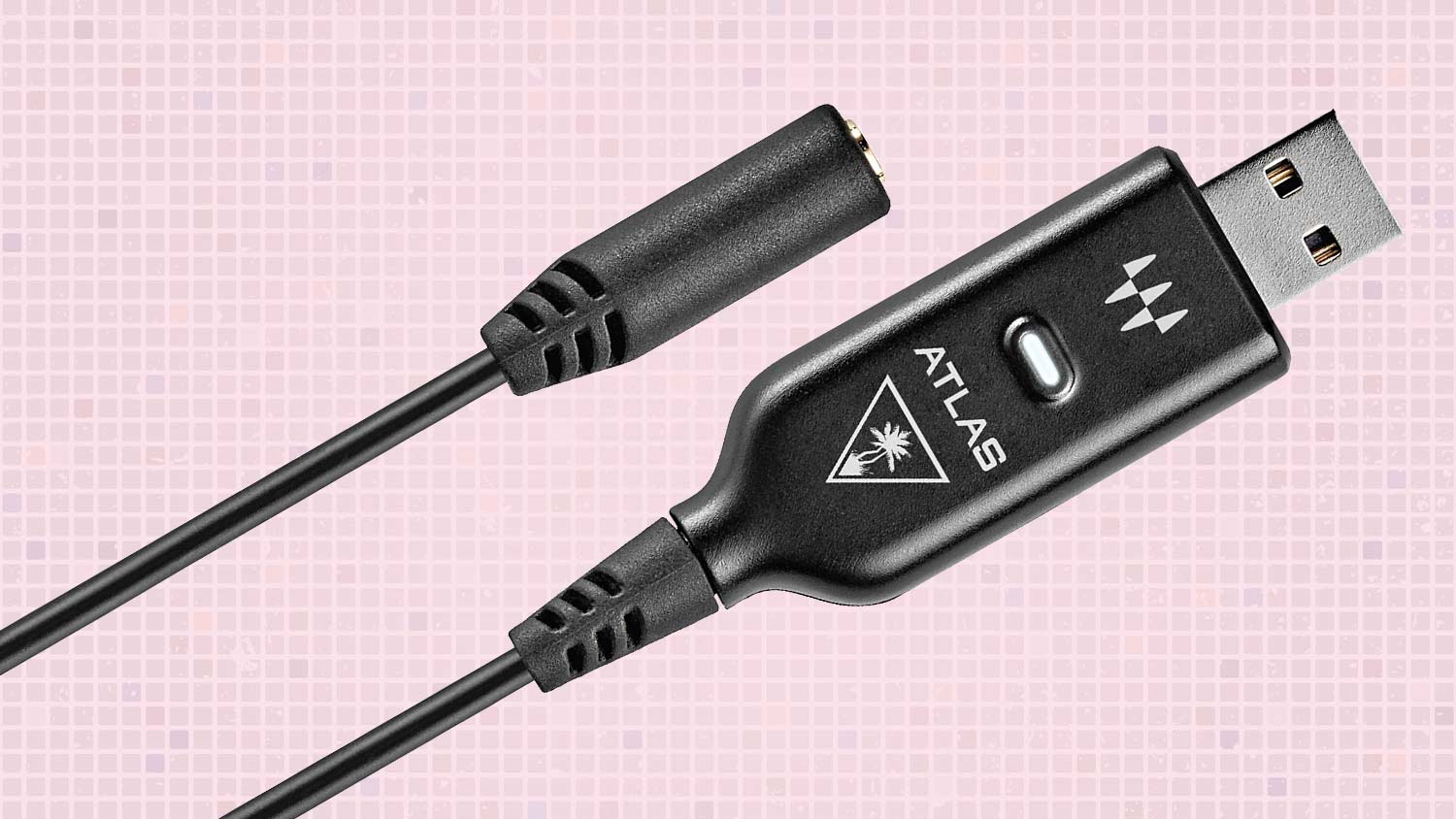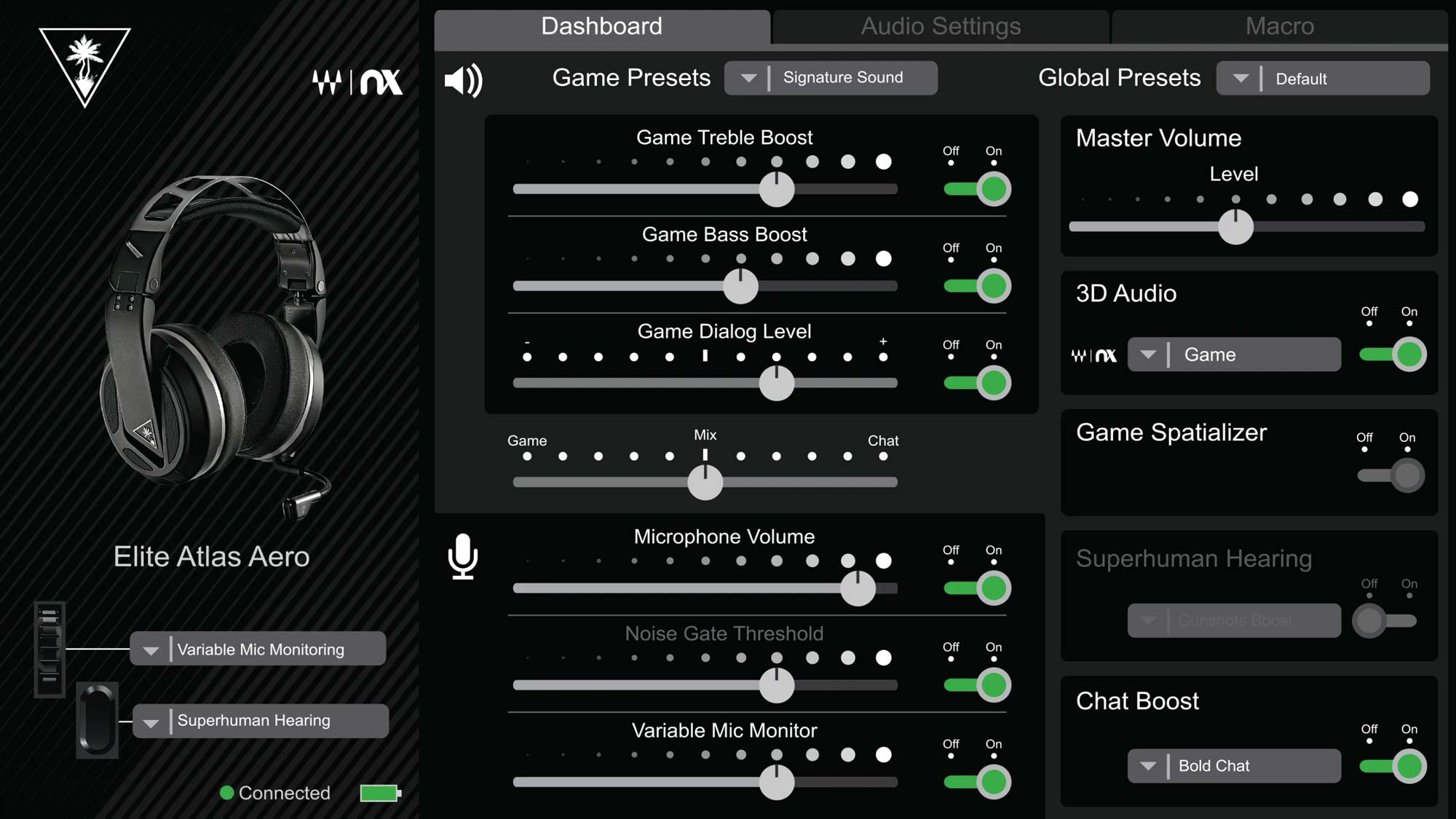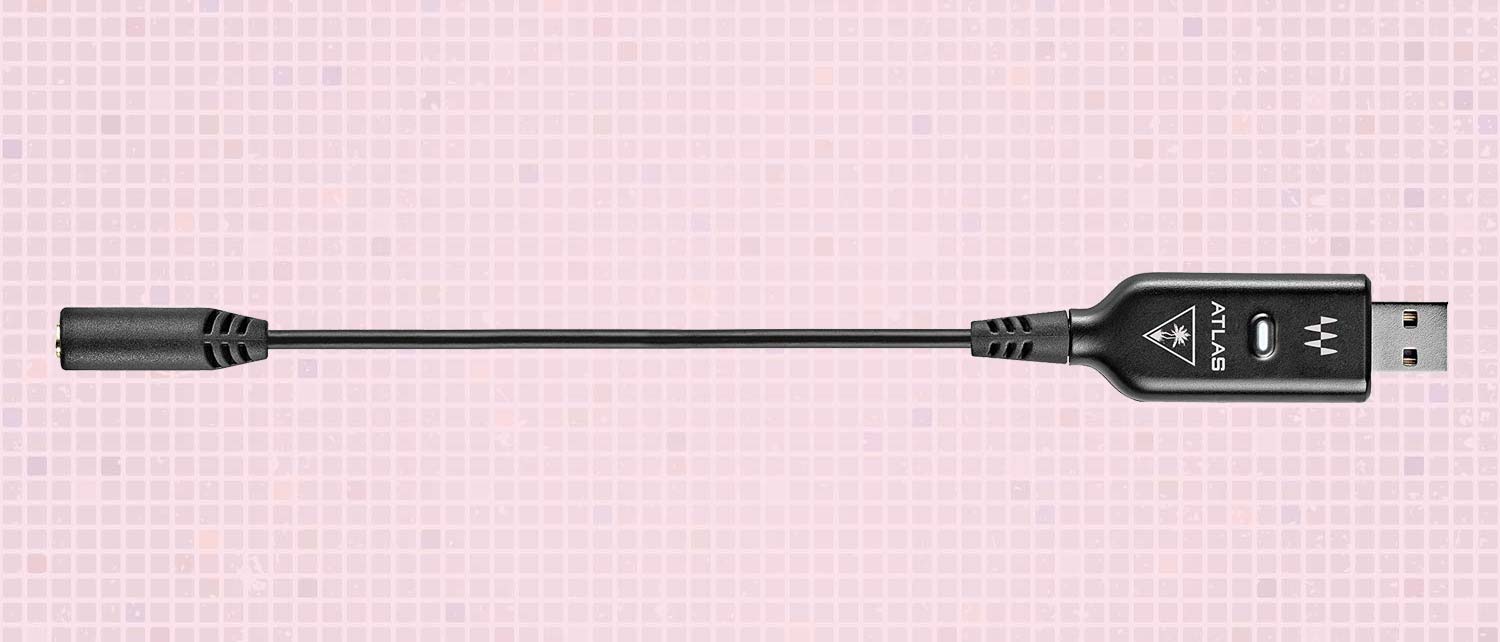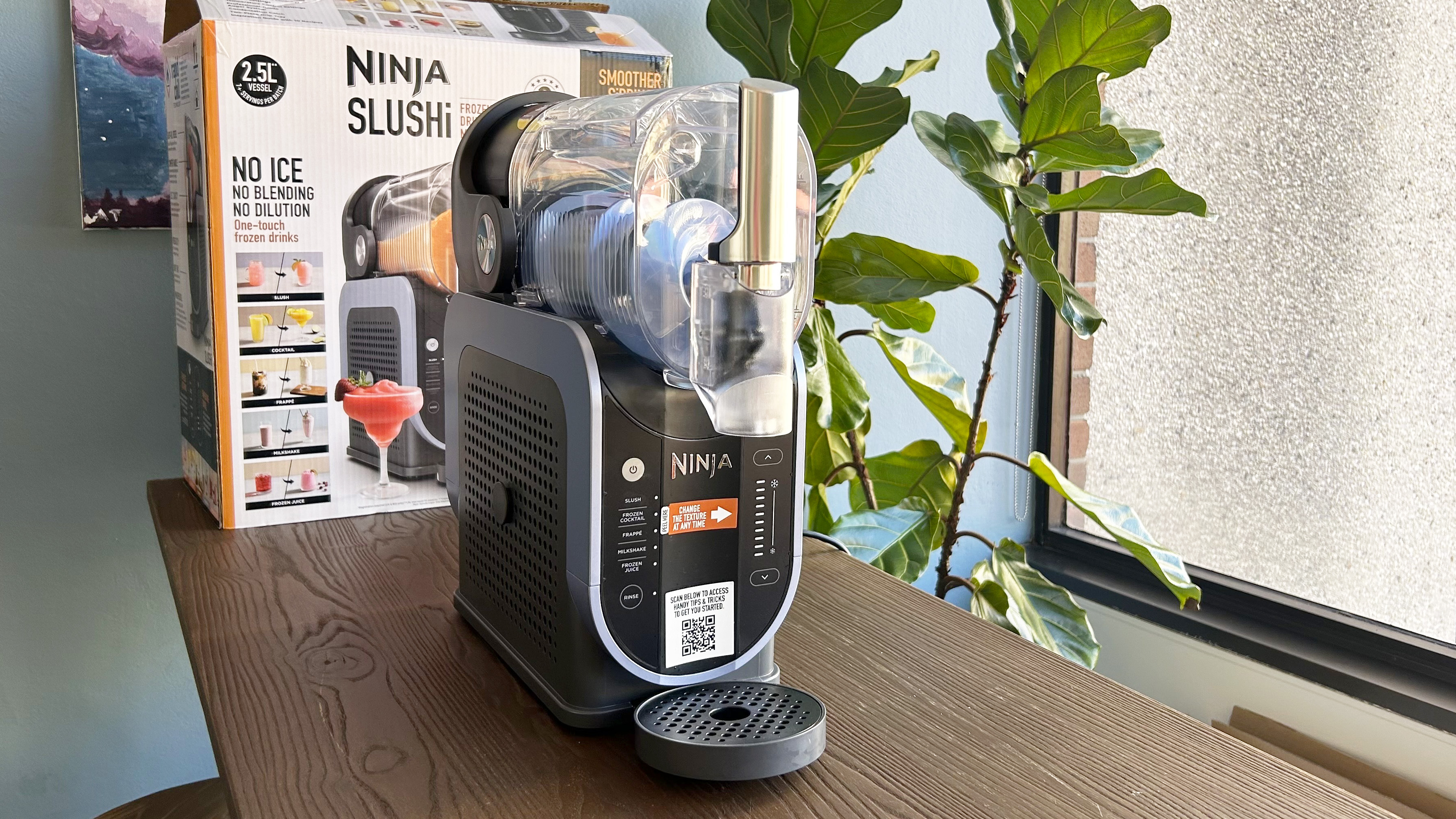Why you can trust Tom's Guide
Whenever I sit down to review a new gadget, my first thought is always the same: "Who would want to buy this?"
In a world with lots of consumer technology but limited consumer budgets, every product has to justify its existence to some extent. This is particularly true about accessories that serve only to enhance other accessories.
So is there anyone out there who would want the Turtle Beach Atlas Edge ($30), a fancy cable that turns any pair of wired headphones into a programmable USB headset?
The short answer: Yes. The longer answer: Also yes, but this answer presupposes a very specific set of needs.
The Atlas Edge is inexpensive and does exactly what it promises to do. Overall, I'm impressed with its performance. But once I return it to our labs, I'm probably not going out to buy my own, either.
If you own a good pair of music headphones and need them to function like a gaming peripheral, then the Atlas Edge is a good solution. If you don't, then just buy a good gaming headset.
What is the Turtle Beach Atlas Edge?
The Turtle Beach Atlas Edge is a simple concept, executed elegantly. Essentially, it takes any pair of 3.5-millimeter wired headphones and makes them function like a USB headset.

The Atlas Edge itself is a USB connector with a 66-inch cable that has a 3.5-mm jack on the end. You plug your headphones into the jack, plug the Atlas Edge into your computer, and you're done.
Or, from another perspective, you're now ready to start. Because there's very little inherent difference between analog and digital sound on a PC, you'll have to do a little legwork to make your headphones sound drastically different.
This is where the device's defining feature comes into play: access to the Turtle Beach Control Studio software.
Since the Atlas Edge turns an analog signal into digital sound, the Turtle Beach Control Studio software can manipulate any headset's sound profile. You can toy around with bass/treble equalizations, toggle 3D (surround) sound, bring dialogue to the forefront, set game/chat levels and even create macros to activate or deactivate these settings at the touch of a button.
These are all pretty common features in gaming headsets, so it's not worth going into exhaustive detail about how they work. But if you own a traditional set of music headphones, it may be the first time you've ever had a chance to manipulate the sound profile beyond simply turning the volume up and down.
Gaming and music performance
I own a pair of Sennheiser HD 25-1 II headphones, which have been my go-to music device for almost a decade. Since they have a flat sound profile, I've used them for games plenty of times, but I've always wondered what they might sound like with a little more bass, or a little more emphasis on footsteps or gunshots.

The Atlas Edge let me try out both. With the bass boost mode, I was able to enjoy the rich soundtrack in Baldur's Gate: Siege of Dragonspear. Activating Turtle Beach's Superhuman Hearing mode emphasized my opponents' movements in Overwatch.
Since The HD 25-1 II is a high-end headset to begin with, the Atlas Edge didn't make it sound "better," per se, but tweaking the audio profiles was useful on a game-by-game basis. The ability to increase dialogue clarity was also helpful while streaming TV shows.
I should point out that while my headphones don't have a microphone, I could imagine the Atlas Edge coming in handy for a pair that does. The software lets you manipulate mic volume, pickup and monitoring, all three of which are often subpar when it comes to everyday headphones.
Bottom line
The flip side of all this is that when I unplugged the Atlas Edge, everything still sounded fine on my analog headphones. If you come to the party with a pair of high-quality headphones, the Atlas Edge is not going to redefine the whole soundscape.
Likewise, if you come equipped with a pair of low-quality headphones, the Atlas Edge isn't going to make them sound much better. It's all about tweaking the existing experience rather than creating a new one wholesale.
Still, the Atlas Edge fills a very particular niche, and I'm glad that Turtle Beach, known for its high-quality audio gear, has decided to fill it. If you want to upgrade your music headphones to gaming gear rather than buying a whole new headset, this is an elegant, inexpensive solution. And if you're just fine with your current setup, $30 will buy any number of excellent midbudget games.
Marshall Honorof is a senior editor for Tom's Guide, overseeing the site's coverage of gaming hardware and software. He comes from a science writing background, having studied paleomammalogy, biological anthropology, and the history of science and technology. After hours, you can find him practicing taekwondo or doing deep dives on classic sci-fi.


